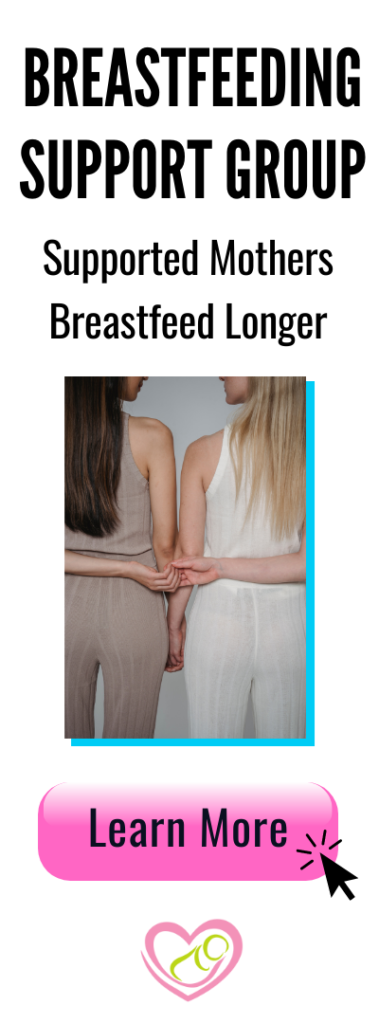Breastfeeding Mom Self-Care
September 18, 2025 2025-09-18 15:42Breastfeeding Mom Self-Care
Breastfeeding Mom Self-Care: Fuel, Hydrate, Rest & Thrive
Breastfeeding is an incredible gift, but it’s also physically and emotionally demanding. Your body is not just feeding your baby, it’s also healing, producing milk, and adjusting hormones postpartum. Supporting yourself is just as important as caring for your little one. Our registered nurses and lactation consultants have formulated this guide to help you thrive while breastfeeding.
1. Focus on nutrition: It’s not just about extra calories
Most of us have heard that breast milk production requires roughly an extra 500 calories per day, but what form those calories take matters a lot!
Focus on nutrient-rich foods:
-
Protein: Supports milk production and healing
-
Healthy fats (DHA/omega-3s): Supports baby’s brain and eye development
-
Iron & B12: Replenish blood stores and fight fatigue
-
Calcium & Vitamin D: Support bone health
-
B vitamins & folate: Boost energy and mood
For more on nutrition and common deficiencies in breastfeeding parents, see our article →
https://mypuredelivery.com/nutrition-for-the-breastfeeding-parent/
2. Hydration & Electrolytes: Keep Milk Flowing
Milk is mostly water (~87%), so hydration is essential. Electrolytes—sodium, potassium, calcium, magnesium—support fluid balance, muscle function, and overall energy.
Practical ways to stay hydrated:
-
Drink water throughout the day
-
Include electrolyte-rich foods: bananas, avocado, leafy greens, nuts
-
Coconut water or broths can provide a tasty boost
Extra care: Hot climates, heavy sweating, or illness may increase fluid and electrolyte needs. For more on electrolytes during lactation, check out our full article → https://mypuredelivery.com/how-to-use-electrolytes-for-proper-hydration/
3. Rest & Recovery are essential
Breastfeeding takes energy, and postpartum recovery adds to the demands. Rest whenever possible. Milk production, healing from birth, and hormonal adjustments all require fuel. Even short naps help!
Tips for recovery:
-
Nap when you can. Even 20–30 minutes helps
-
Ask for help with meals, chores, or baby care
-
Gentle movement like stretching or short walks supports circulation and energy
- Reduce chronic stress for better hormone stability and milk ejection reflex
4. Mental & Emotional Health: Care for Your Mind
Hormonal shifts, sleep loss, and the pressures of motherhood can impact mental health and cause baby blues or postpartum depression. Emotional support and professional help (if needed) are just as important as nutrition.
Ways to boost mental health:
-
Connect with others: Friends, family, fellow moms, or support groups
-
Accept help: You don’t have to do everything alone
-
Mindful moments: Short meditation, deep breathing, or journaling
-
Celebrate small wins: Each successful feed or restful moment matters
-
Seek professional support: Postpartum depression or anxiety is common and treatable
Tip: Even a few minutes of intentional self-care each day can make a big difference!
5. Substances & Lifestyle Considerations
-
Limit alcohol and caffeine (moderation is key)
-
Avoid smoking/vaping, which can reduce supply and affect baby’s health
-
Individual needs: Moms of twins, preemies, or with specific health conditions may need extra calories or nutrients
Bottom Line
Thriving while breastfeeding means more than just eating extra calories. It’s about fueling your body with nutrients, staying hydrated, resting, and caring for your mind. Your body knows how to feed your baby. Support it, and trust the process.
Need Support? We are here to help.
Whether it’s latch techniques, milk supply, or navigating the ups and downs of breastfeeding, you don’t have to do it alone.
📅 Book a consultation today and let’s make your breastfeeding journey smoother, more confident, and enjoyable for both you and your baby!


